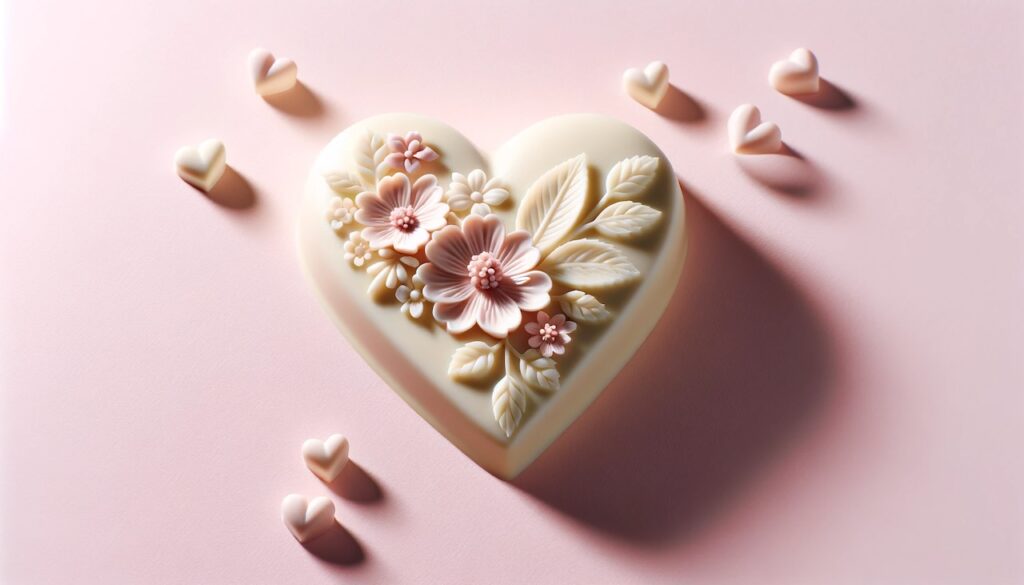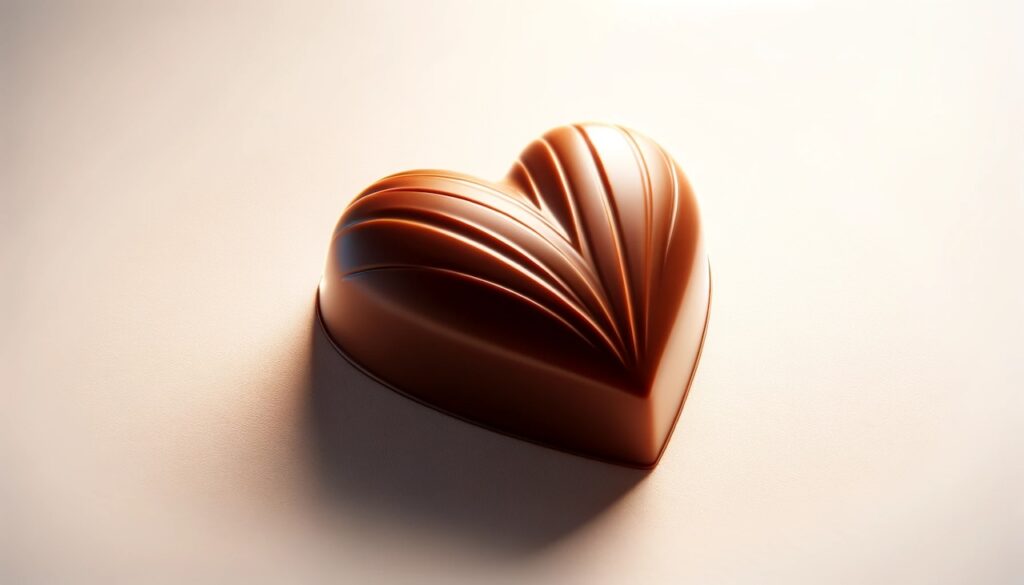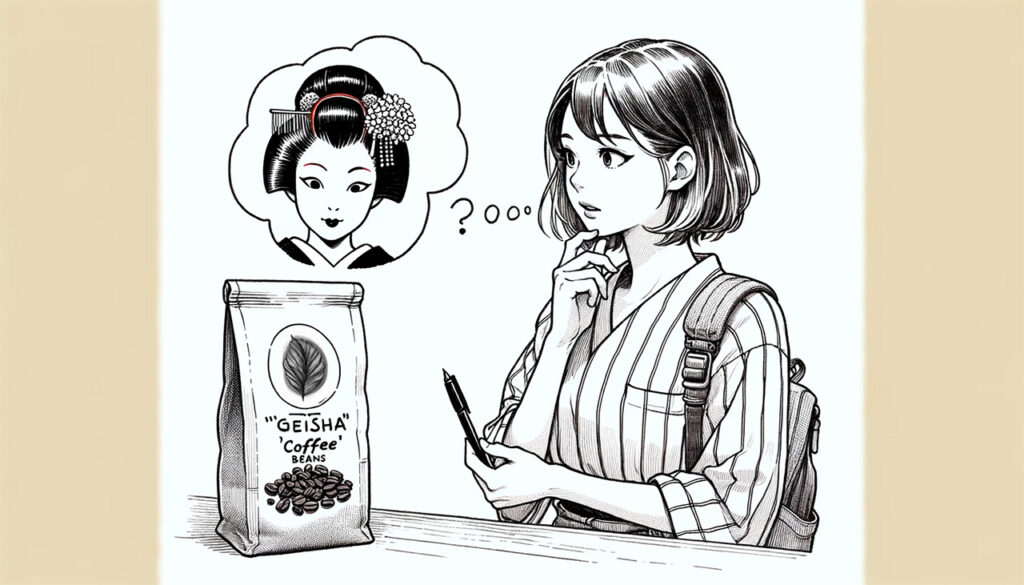In Japan, Valentine’s Day and White Day are two sides of the same coin. While Valentine’s Day is often seen as a day for women to express their feelings, White Day—celebrated on March 14—gives men the opportunity to return the favor. Let’s explore the fascinating origins, traditions, and customs surrounding White Day.
What Is White Day?
White Day is celebrated exactly one month after Valentine’s Day, on March 14. Traditionally, it’s a day when men who received chocolates or gifts on Valentine’s Day reciprocate by giving gifts to the women who gave them presents. These gifts are meant to express gratitude, affection, or friendship, depending on the relationship.
The Origins of White Day
The origins of White Day can be traced back to the late 1970s in Japan. A confectionery company, Tsurunokohonjyo Ishimura Manseido in Hakata, Fukuoka, launched a campaign encouraging men to give marshmallows as return gifts, branding it “Marshmallow Day.”
This idea quickly caught on nationwide and eventually evolved into what is now known as White Day.
Is White Day Celebrated Outside Japan?
While White Day originated in Japan, its influence has spread across parts of East Asia. Countries like South Korea, China, and Taiwan have adopted similar traditions. However, in Western countries, White Day is not typically recognized, and Valentine’s Day remains a mutual exchange of gifts.
How White Day Complements Valentine’s Day
In Japan, Valentine’s Day is traditionally a day when women give chocolates to men—a practice that began in the 1950s and was heavily promoted by chocolate companies.
White Day serves as the counterpart, providing men with the chance to respond with gratitude, deepening relationships or simply maintaining social courtesy.
What Should You Give on White Day?
Gift-giving on White Day has evolved over time. Originally centered around marshmallows and white chocolate, today’s options include:
- Marshmallows, Candies, and Chocolates:
Still popular for casual returns, especially for friends or coworkers. - Cookies and Baked Goods:
Homemade or store-bought, these gifts convey warmth and appreciation. - Accessories and Small Gifts:
Ideal for romantic relationships—jewelry, fashion items, or other thoughtful presents.
Matching the Gift to the Type of Chocolate Received
| Chocolate Received | Appropriate White Day Gift | Notes |
|---|---|---|
| Honmei-choco (True love chocolate) | Jewelry, expensive sweets, or special accessories | Reflects deeper gratitude and affection |
| Giri-choco (Obligation chocolate) or Tomo-choco (Friend chocolate) | Marshmallows, candies, cookies | Casual and friendly expressions of thanks |
For non-romantic gifts, a modest return is perfectly acceptable. The key is sincerity and an appropriate match to the original gift.
What Is the “Triple Return” Custom?
In Japan, there’s a playful (and sometimes serious) social expectation called the “triple return” rule: men are encouraged to give a gift worth roughly three times the value of what they received on Valentine’s Day.
While this is more a guideline than a strict rule, many people use it as a benchmark, especially for close friends or romantic partners.
For example, if a man receives chocolate worth 1,000 yen, he might feel obligated to give a return gift worth around 3,000 yen.
However, the most important thing is not the price but the thoughtfulness behind the gift.
On a personal note: When returning gifts to close friends or loved ones, aiming for two to three times the original value tends to leave a good impression.
Conclusion
White Day is a fascinating reflection of Japan’s rich culture of reciprocity and appreciation.
What started as a confectionery marketing campaign has grown into a cherished tradition that strengthens relationships, whether romantic, friendly, or professional.
While not celebrated widely outside East Asia, understanding White Day provides valuable insight into Japanese culture—and highlights how even commercial initiatives can evolve into meaningful customs.


